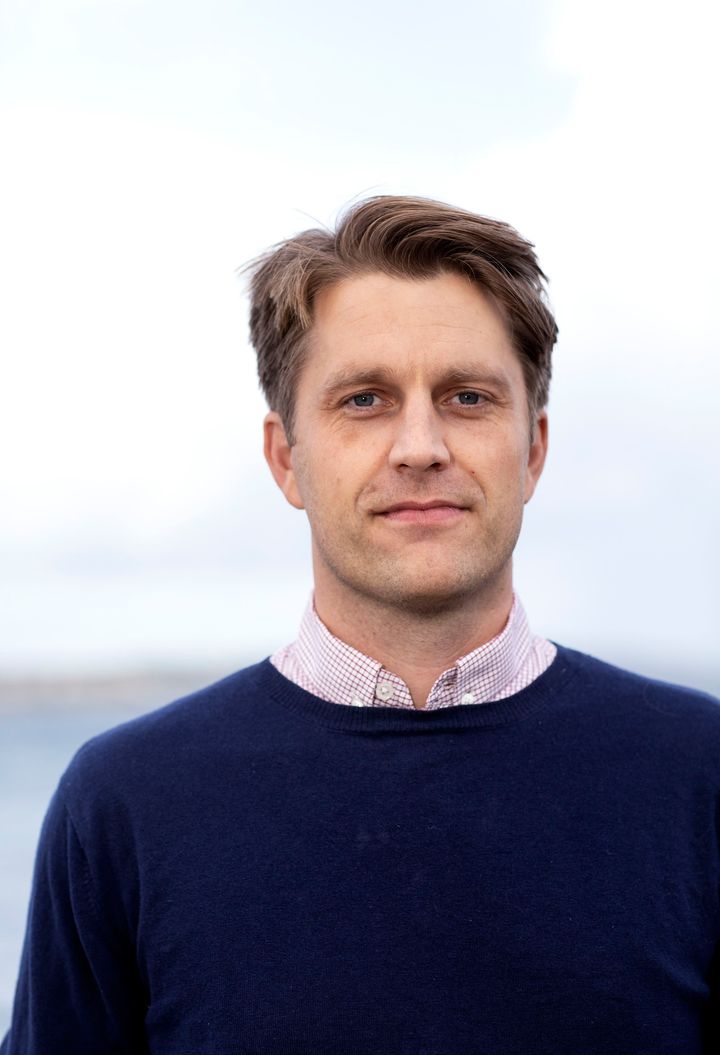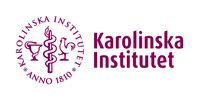Risk of brain haemorrhage appears transmissible via blood transfusion
A major study published in JAMA led by researchers at Karolinska Institutet suggests that a possible cause of spontaneous brain haemorrhage could be transmitted via blood transfusion. At the same time, it is very unlikely that anyone should suffer a brain haemorrhage after receiving donated blood.

A common cause of spontaneous, recurring brain haemorrhages is the vascular disease cerebral amyloid angiopathy (CAA), in which proteins accumulate along the tiny blood vessels of the brain. Several studies have shown that CAA can be transferred from one individual to another through neurosurgery and probably via treatment using a certain type of growth hormone.
Few affected individuals
A new study by researchers from Karolinska Institutet, Södersjukhuset, Karolinska University Hospital in Sweden, the University of Copenhagen in Denmark, KU Leuven in Belgium and other institutions shows that patients who have received blood from donors who later suffered recurring brain haemorrhages are more than twice as likely to suffer a brain haemorrhage themselves.
The findings suggest that some factor that can give rise to spontaneous brain haemorrhages can be spread through blood transfusion. However, as only 0.1 per cent of the donors in the study subsequently suffered recurring brain haemorrhages there were consequently only a few affected patients.
“Blood transfusions are relatively common, which makes possible negative effects an important public health issue,” says the study’s last author Gustaf Edgren, researcher at the Department of Medicine, Karolinska Institutet (Solna) and specialist physician at Södersjukhuset. “However, in this case, it’s very unlikely that you’d suffer a brain haemorrhage from something transmitted through a transfusion.”
CAA could be transmissible
According to the researchers, the most important implication of the study is instead that it adds further support to the hypothesis that CAA can be transmitted between individuals, which, if true, can have consequences in several fields.
The study drew on the Swedish-Danish transfusion database SCANDAT, which contains data on blood donors and patients receiving a transfusion from the 1970s onwards. A total of more than a million patients were included. The primary analyses were conducted in Sweden and then repeated with the Danish data, with almost identical results.
The researchers now hope to corroborate the hypothesis that the link between brain haemorrhage and blood transfusion concerns CAA. They will therefore be examining samples from the Danish Blood Donor Study biobank to see if they can identify aberrant proteins associated with the disease.
Confirmation needed
The plan is also to obtain CAT and MR scans from the affected donors and patients to see if they might also be able to support the hypothesis.
“This study does not demonstrate causality, so the observed increase in risk could depend on other factors,” says the study’s first author Jingcheng Zhao from Dr Edgren’s group at Karolinska Institutet. “More research is needed to confirm our findings and understand the potential underlying mechanism.”
The study was mainly financed by the Swedish Research Council and Region Stockholm (ALF funding). The researchers from KI report no commercial interests (see the paper for a full list of potential conflicts of interest).
Publication: “Intracerebral hemorrhage among blood donors and their transfusion recipients”. Jingcheng Zhao, Klaus Rostgaard, Elsa Lauwers, Torsten Dahlén, Sisse Rye Ostrowski, Christian Erikstrup, Ole Birger Pedersen, Bart De Strooper, Robin Lemmens, Henrik Hjalgrim, Gustaf Edgren. JAMA (Journal of the American Medical Association), online 12 September 2023, doi: 10.1001/jama.2023.14445.
Contacts
For more information, please contact:
Gustaf Edgren, principal researcher, specialist physician
Department of Medicine, Solna, Karolinska Institutet
Phone: +46 708 186 862
Email: gustaf.edgren@ki.se
Jingcheng Zhao, researcher
Department of Medicine, Solna, Karolinska Institutet
Phone: +46 735 558 789
Email: jingcheng.zhao@ki.se
Images
Karolinska Institutet (https://ki.se/en) is one of the world’s leading medical universities. Our vision is to advance knowledge about life and strive towards better health for all. Karolinska Institutet accounts for the single largest share of all academic medical research conducted in Sweden and offers the country’s broadest range of education in medicine and health sciences. The Nobel Assembly at Karolinska Institutet selects the Nobel laureates in Physiology or Medicine.
Subscribe to releases from Karolinska Institutet - English
Subscribe to all the latest releases from Karolinska Institutet - English by registering your e-mail address below. You can unsubscribe at any time.
Latest releases from Karolinska Institutet - English
Using social media may impair children’s attention8.12.2025 06:01:00 CET | Press Release
Children who spend a significant amount of time on social media tend to experience a gradual decline in their ability to concentrate. This is according to a comprehensive study from Karolinska Institutet, published in Pediatrics Open Science, where researchers followed more than 8,000 children from around age 10 through age 14.
POTS common in patients with long COVID3.10.2025 11:33:37 CEST | Press Release
A new study from Karolinska Institutet in Sweden shows that an unusual heart rhythm disorder, POTS, is particularly common in people with long COVID. The majority of those affected are middle-aged women. The study is published in the scientific journal Circulation: Arrhythmia and Electrophysiology.
Simple test can predict risk of severe liver disease29.9.2025 09:00:00 CEST | Press Release
A new study from Karolinska Institutet, published in the scientific journal The BMJ, shows how a simple blood analysis can predict the risk of developing severe liver disease. The method may already start to be applied in primary care to enable the earlier detection of cirrhosis and cancer of the liver.
Press invitation: Announcement of the Nobel Prize in Physiology or Medicine 202523.9.2025 13:00:00 CEST | Press Invitation
The Nobel Prize in Physiology or Medicine 2025 will be announced on Monday October 6 at 11.30 am CEST (at the earliest).
How mutations in bodily tissues affect ageing20.8.2025 11:00:00 CEST | Pressmeddelande
Two new studies from Karolinska Institutet in Sweden have investigated how mutations that occur in muscles and blood vessels over time can affect ageing. The studies, which are published in Nature Aging, show that such mutations can reduce muscle strength and accelerate blood vessel ageing. The results can be of significance to the treatment of age-related diseases.
In our pressroom you can read all our latest releases, find our press contacts, images, documents and other relevant information about us.
Visit our pressroom

